October 07, 2023
Cracking the Code: Player Form and Fitness in Volleyball Betting
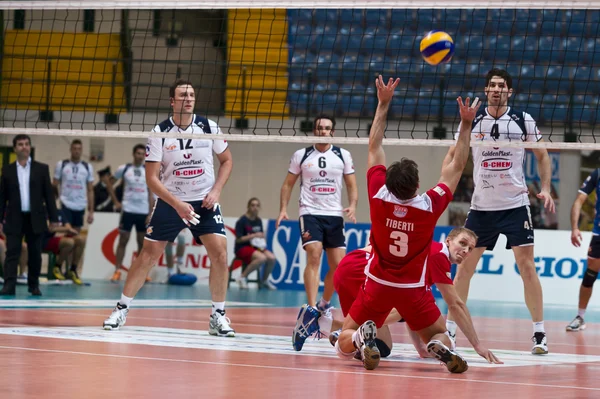
When it comes to volleyball betting, success hinges not only on team performance but also on the individual prowess of players. In this guide aboutIs Ladbrokes reliable?, we'll dissect the critical aspects of analyzing player form and fitness to elevate your volleyball betting game.
To gain an edge in this dynamic arena, it's essential to tap into reliable information sources. Explore respected platforms likeSBCNews VolleyballandCBS Sports Volleyballfor the latest updates, expert analyses, and comprehensive coverage of volleyball events.
Deciphering Player Form:
1. Recent Performances:
Start by scrutinizing a player's recent performances. Assess their consistency in delivering stellar plays or any noticeable fluctuations in form. Sites likeBetting Odds Volleyballprovide performance statistics for individual players.
2. Injury Status:
Player fitness is paramount. Stay informed about any injuries that might hinder a player's performance. Injuries can have a significant impact on a team's success, especially if key players are sidelined.
Player Fitness Insights:
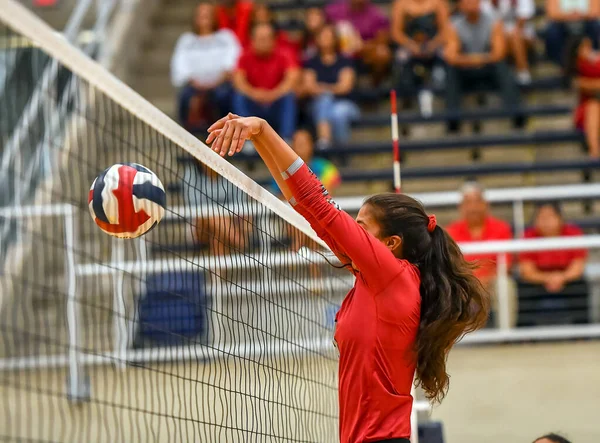
3. Stamina and Endurance:
Consider a player's stamina and endurance, particularly in extended matches. Some players excel in long, grueling games, while others may struggle to maintain peak performance.
4. Recovery Periods:
Understand the recovery periods between matches in a tournament. Short breaks can affect a player's ability to recuperate and perform at their best in subsequent games.
5. Mental Resilience:
Mental resilience is a key factor in player fitness. Assess how players handle pressure situations, as this can impact their performance, especially in critical moments.
For real-time updates onportfolioplayer form and fitness, rely onThe Sun's Volleyball section. Their insightful coverage offers a unique perspective on player dynamics and their impact on match outcomes.
For a comprehensive understanding of the sport and its players, refer to the dedicatedWikipedia page on Volleyball. It provides in-depth profiles of prominent players and insights into the game's history.
Unveiling the Power of Player Analysis: A Deep Dive into Volleyball Betting

In our previousdiscussion, we delved into the critical aspects of analyzing player form and fitness in volleyball betting. Now, let's further explore the nuances of player analysis and unveil the strategies that can set you apart as a savvy volleyball bettor.
As you embark on this journey to become a volleyball betting expert, remember that continuous learning is your greatest asset. Stay updated with the latest news and insights from reputable sources such asSBCNews Volleyball,CBS Sports Volleyball, andThe Sun's Volleyball section.
Advanced Player Analysis Strategies:
- Playing Styles:Dive deep into individual players' playing styles. Some excel in offense, while others are defensive powerhouses. Understand how these styles align with team strategies.
- Match-Ups:Evaluate player match-ups within a game. Consider how a player's strengths and weaknesses match up against their direct opponents. This analysis can reveal critical insights.
- Team Roles:Comprehend the roles of key players within their respective teams. Identify team leaders, playmakers, and clutch performers who can influence match outcomes.
- Historical Performance:Scrutinize players' historical performance in specific conditions, such as indoor and beach volleyball. Some players may excel in one setting but struggle in another.
Expert Tips for Successful Player Analysis:
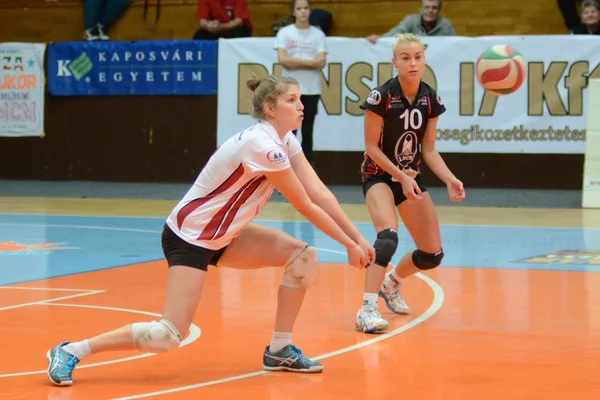
- Watch Matches:Observe players in action by watching their matches. Pay attention to their movements, decision-making, and adaptability during games.
- Follow Interviews:Keep an eye on player interviews and press conferences. Players often reveal their mindset, which can provide valuable insights into their mental state.
- Stay Informed:Utilize player-specific news sources and social media to stay updated on their recent developments and off-field factors that may impact their performance.
- Track Player Trends:Use player tracking tools and statistics to identify trends in their performance, such as hot streaks or slumps.
The Psychology of Betting: Understanding Cognitive Biases
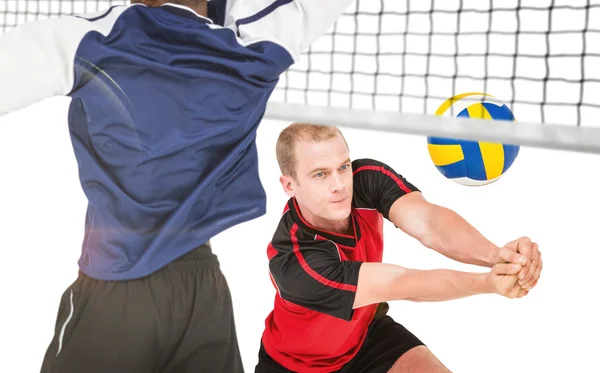
When it comes to sports betting, it's not just about analyzing statistics and making informed decisions. The human mind plays a significant role in the betting process, often guided by cognitive biases that can lead to both wins and losses. In this explorationevent, we will delve into the fascinating world of cognitive biases in sports betting, shedding light on how understanding these mental tendencies can enhance your wagering strategies.
Psychology Todayprovides valuable insights into the psychology of betting, emphasizing the importance of recognizing and addressing cognitive biases for successful wagering.
Cognitive biases are systematic patterns of deviation from norm or rationality in judgment, often leading to perceptual distortion, inaccurate judgment, illogical interpretation, or what is broadly called irrationality. In the context of sports betting, several cognitive biases come into play:
1.Confirmation Bias:This bias leads bettors to seek out information that confirms their pre-existing beliefs or decisions while ignoring or downplaying information that contradicts them. It can result in overconfidence in a chosen bet.
2.Availability Heuristic:Bettors tend to overestimate the importance of information that is readily available to them. For example, if recent news highlights a team's victory, bettors may place undue importance on that information, overlooking other relevant factors.
3.Recency Bias:This bias causes bettors to give more weight to recent events or outcomes when making predictions. For instance, if a team has won several consecutive games, bettors may assume they are unbeatable, overlooking factors like injuries or unfavorable matchups.
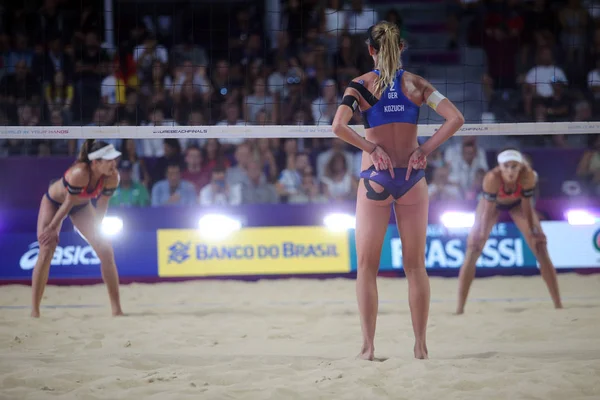
Wikipediaoffers a comprehensive overview of cognitive biases and their impact on decision-making processes.
4.Loss Aversion:Bettors are often more sensitive to losses than gains. This can lead to risk-averse behavior, causing them to avoid potentially profitable bets out of fear of losing their stake.
5.Anchoring:When bettors fixate on one piece of information (like the initial odds offered) and fail to adjust their predictions based on new information. This can result in missed opportunities or misguided bets.
Recognizing and mitigating these cognitive biases is crucial for improving betting outcomes. Bettors can enhance their decision-making by staying objective, seeking diverse information sources, and consciously avoiding mental shortcuts that lead to biased judgments.
Practical Strategies to Counter Cognitive Biases:
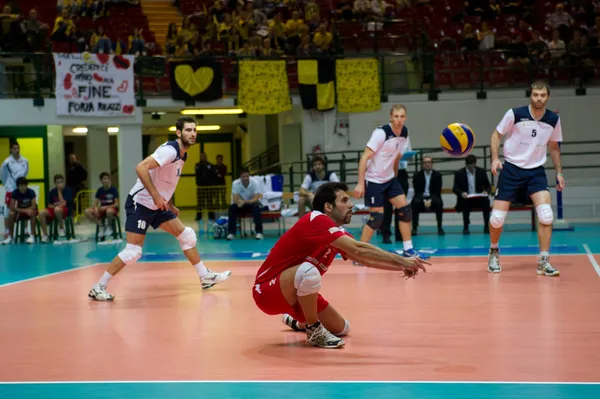
Cognitive biases can lead to impulsive or irrational betting decisions. To mitigate their influence, consider implementing the following strategies:
- Research and Information:Conduct thorough research and gather as much relevant information as possible before placing a bet. This includes team statistics, player performance, historical data, and expert analysis. Avoid relying solely on recent news or anecdotal information.
- Multiple Perspectives:Seek out diverse opinions and perspectives. Engage with fellow bettors, consult expert opinions, and consider dissenting viewpoints. This helps counter confirmation bias by exposing you to a wider range of information.
- Record Keeping:Maintain a detailed record of your betting activities. Document your bets, the reasoning behind them, and the outcomes. This practice helps you identify patterns and biases in your decision-making process and allows for continuous improvement.
- Set Clear Criteria:Establish clear criteria for placing bets. Define your betting strategy, including bankroll management, odds thresholds, and risk tolerance. Stick to your criteria and avoid impulsive bets that don't align with your strategy.
- Emotional Control:Recognize the emotional factors that can influence your betting decisions, such as fear of loss or overconfidence. Practice emotional control by taking breaks when needed, especially after significant wins or losses, to avoid making impulsive bets driven by emotions.

It's important to acknowledge that completely eliminating cognitive biases is challenging, as they are inherent to human psychology. However, by implementing these strategies, you can minimize their impact and make more rational, data-driven betting decisions.
The Role of Self-Awareness:
Self-awareness is a crucial component of successful sports betting. Regularly reflect on your betting behavior and thought processes. Ask yourself questions like, "Am I being influenced by recent events?" or "Am I selectively seeking information that supports my preconceptions?" Being mindful of your cognitive biases is the first step toward countering them.

BBC Sportoffers insightful articles and analyses on sports psychology, including the role of cognitive biases in sports betting.
Conclusion:
Understanding and managing cognitive biases is essential for becoming a more successful and disciplined sports bettor. By applying these strategies and maintaining self-awareness, you can make more informed and rational betting decisions, ultimately increasing your chances of long-term profitability.
Stay tuned for our next installment, where we will explore the art of bankroll management and risk assessment in sports betting, essential skills for any aspiring bettor.
Posted by: Joan Morris at
01:17 PM
| No Comments
| Add Comment
Post contains 1344 words, total size 15 kb.
35 queries taking 0.1393 seconds, 62 records returned.
Powered by Minx 1.1.6c-pink.









